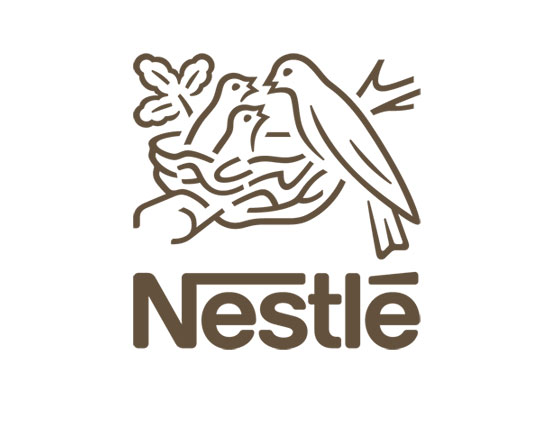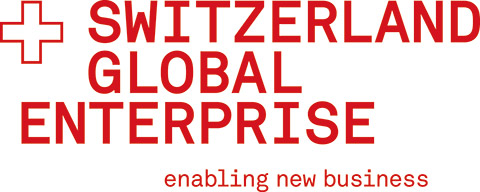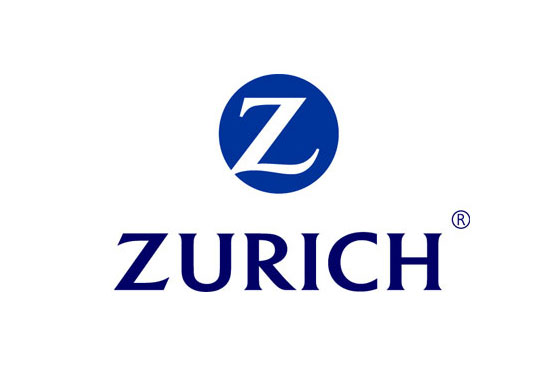Latin America featured in the official program of the World Economic Forum’s Annual Meeting in Davos 2020
Strategic Outlook: Latin America (Tuesday January 21, 2020)
One Trillion Trees – a global initiative is launched (Wednesday, January 22, 2020)
The World Economic Forum launches a global initiative to grow, restore and conserve 1 trillion trees around the world – in a bid to restore biodiversity and help fight climate change.
President Ivan Duque of Colombia, one of the panelists in the press conference, said: “The big challenge of our time is climate change and we will not be successful on climate change if we don’t defeat deforestation.” Colombia aims to plant 180 million trees by August 2022, he said.
________________________________________________________________________
Securing a Sustainable Future for the Amazon (Wednesday, January 22, 2020)
Special Address by Juan Guaidó on Venezuela (Thursday, January 23, 2020)
Juan Guaidó gives a special addresss to Davos 2020, at a decisive time in Venezuela’s history.
Guaidó is the President of the National Assembly of Venezuela and recognized by more than 50 countries as Interim President of Venezuela.
What are the next steps for the country?
Reuters sums up his position: “Last January, Guaidó invoked the constitution as head of congress and declared Maduro an usurper. But a year on Maduro remains in power, despite a U.S. campaign to cut off his government’s sources of financing by imposing sanctions on Venezuela’s oil sector, and Guaidó’s attempts to encourage the military to rebel.”
Guaidó defied a travel ban to leave Venezuela on Sunday and has since met with US Secretary of State Mike Pompeo, British Prime Minister Boris Johnson and addressed the European Parliament.
He says he plans to return to Venezuela, but it will be risky.
“This a real opportunity to talk to you, the world’s leaders, to bring the voice of Venezuelan people to say we stand steadfast,” Guaidó said.
“More people have left the country than have have left Syria, but we are not a country at war, there are no bombs, but we do feel the weeping of our people.”” Guaidó said.
“On behalf of Venezuela, on behalf of those children … who perhaps have no hope today, we have to make sure we act.”
Guaidó said his demand was simple: a free and fair election. “What we want is a free Venezuela, a democratic Venezuela which respects human rights, where you can invest, where we can also make the most of our oil reserves, so that we can really unleash the potential that we have, if we can rebuild our region, consolidate a democratic system which would serve its people so that we can stop this disaster.”
________________________________________________________________________
For more information on the numerous sessions and contributors at the Annual Meeting in Davos, go to the WEF’s official homepage: https://www.weforum.org










